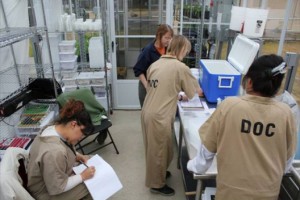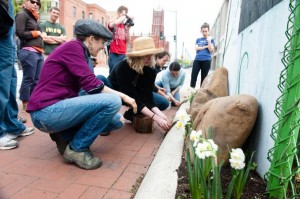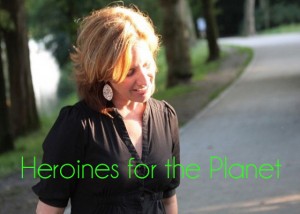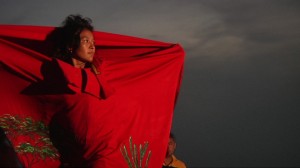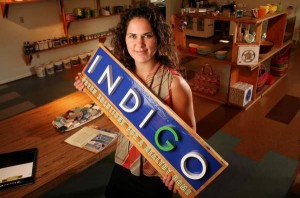It’s springtime in the northwest. The endangered frog eggs are now tadpoles, and the butterflies are beginning to pupate. But the people tending to these ecological projects aren’t grad students or forest-loving yuppies. They’re prisoners in the care of the Washington State Department of Corrections, where the Sustainable Prisons Project is in its seventh year.
Back in 2004, the Washington State Department of Corrections started a partnership with the Evergreen State College. A forest ecologist, Nalini Nadkarni, brought together staff and incarcerated men from a nearby corrections center to start the Moss-in-Prison Project. Using prison facilities as a controlled environment, the project explored how to “farm” mosses for the horticulture trade.
In that pilot project, participants had to figure out which species of moss could be cultivated to alleviate pressures of unsustainable moss harvesting in old-growth forests. Nadkarni also intended to provide intellectual and emotional stimulation for the inmates, who typically have little or no access to nature but could provide fresh perspectives for ecological research. The project was a huge success, and one inmate even coauthored a peer-reviewed paper for an international sustainability journal with Nadkarni.
Continue reading... →